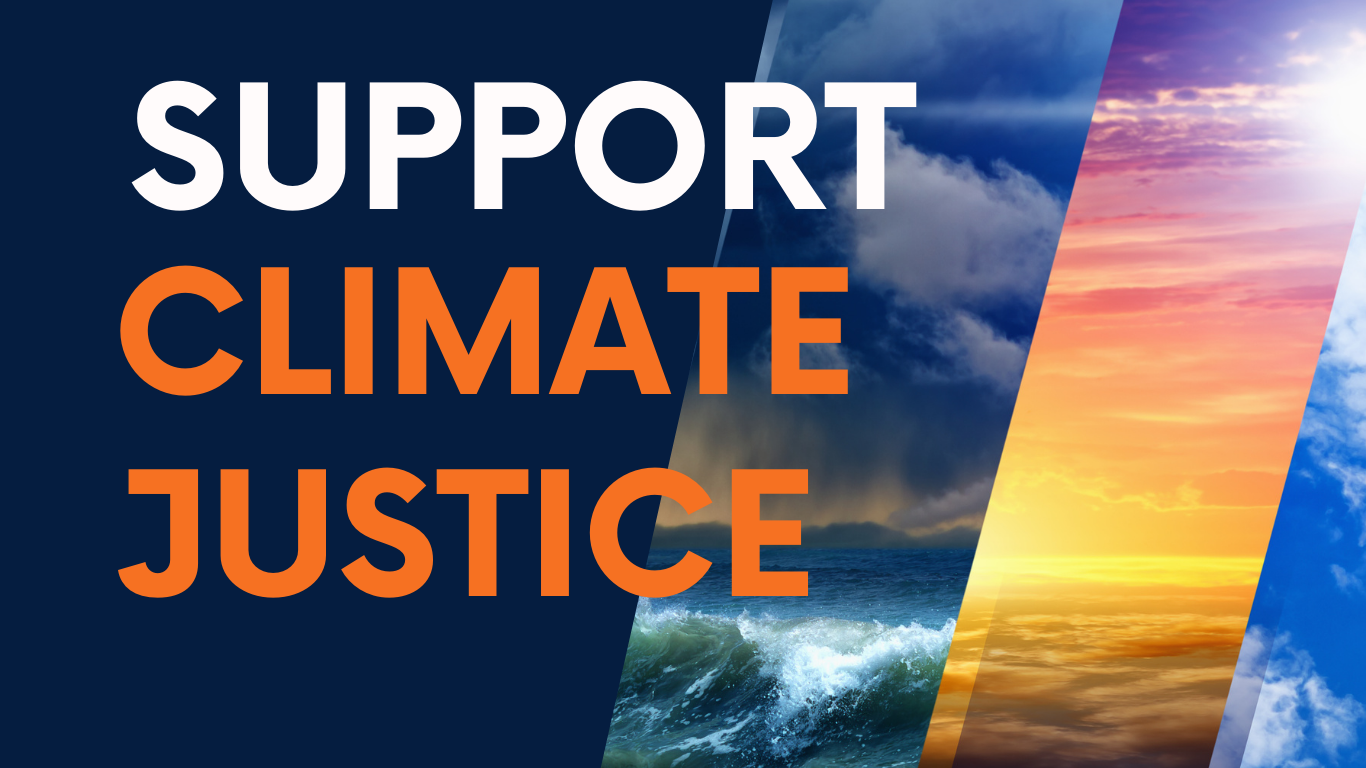While agreements on Article 6.2 and 6.4 of the Paris Agreement were reached at COP29 to establish carbon markets, they fall short of the global framework needed to curb fossil fuel emissions.
By Marco Lopez
The climate talks that recently concluded in Baku, Azerbaijan, resulted in some progress in establishing global carbon markets. Article 6.2 and 6.4 of the Paris Agreement were at the forefront of negotiations from the start of the conference. The two-week meeting ended with some clarity on how countries will authorize carbon credit transactions, but the outcome, in its current form, creates a complex system that relies on external stakeholders to identify flaws.
While the progress on Article 6 negotiations at COP29 will be crucial for creating a functional carbon market—a key goal of the Paris Agreement—countries face no repercussions for failing to abide by the rules under the iteration of the outcome. With neither a deadline to act nor clear penalties, countries have little reason not to play the system to their benefit.
COP29 clarified how countries will authorize carbon credit transactions and manage tracking registries until Article 6.2. It also established a mechanism to ensure environmental integrity through upfront technical reviews. While the Article 6.2 text includes some positive transparency requirements, it is necessary for countries to publish information when they formally approve Internationally Traded Mitigation Outcomes (ITMOs)—the units used for emission trading between countries—for use by actors like companies. Importantly, this also allows any inconsistencies in a country’s cooperative approach to be made public.
Formal approval of carbon credits, along with additional information about trade deals, may come late for credits purchased under the voluntary carbon market.
Following an early and controversial decision on rules related to removal and methodological requirements on the first day, discussion on Article 6.4 took a backseat relative to the more complex negotiations on Article 6.2.
Article 6.4 deals with the centralized carbon crediting mechanism, the Paris Agreement Crediting Mechanism, which now includes mandatory safeguards to protect the environment and human rights. Importantly, these safeguards ensure that projects cannot proceed without the informed consent of Indigenous Peoples.
While much is left to be desired, the progress on Article 6 negotiations will be crucial for creating a functional carbon market needed to meet reduction targets and mobilize finance for the most vulnerable but resource-rich nations.







